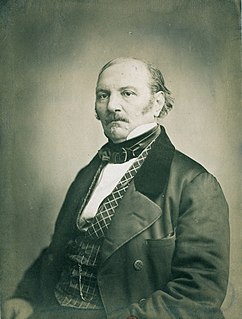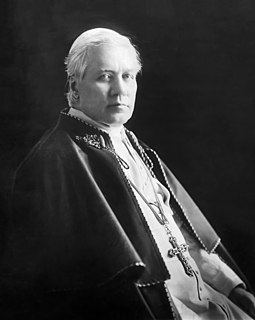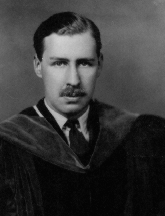A Quote by Michael O'Brien
Imagination is a screen onto which the evil spirits can 'project' images, temptations presented as stimulating entertainments, offering us pleasurable rewards if we give in to the temptation.
Related Quotes
God won't permit temptation beyond your strength. It is true that temptations come to all, but God will give you the graces you need to withstand them, if you ask him to and if you are willing to cooperate with his grace...In God's presence, consider: Do I put up a fight when temptations beset me, or do I give up quickly and surrender myself to them without a struggle? Do I rely on God's grace to conquer temptations, or am I conquered by them?
So that it must be only by the imagination that Satan has access to the soul, to tempt and delude it, or suggest anything to it. And this seems to be the reason why persons that are under the disease of melancholy are commonly so visibly and remarkably subject to the suggestions and temptations of Satan... Innumerable are the ways by which the mind may be led on to all kind of evil thoughts, by the exciting of external ideas in the imagination.
God did not create the evil. He established the laws which are always good because he is good. The spirits would have been completely happy had they faithfully observed the law since the beginning. But, being free to make choices, the spirits have not properly obeyed them so that evil come as a consequence of this unwillingness. One can then say that good corresponds to everything which is in accordance with God's law while evil is everything which opposes it.
The elegance of dress, of motion, and of manners gives a lustre to beauty, and inflames the senses through the imagination. Luxurious entertainments, midnight dances, and licentious spectacles, present at once temptation and opportunity to female frailty. From such dangers the unpolished wives of the barbarians were secured by poverty, solitude, and the painful cares of a domestic life.
Our Apostolic Mandate requires from Us that We watch over the purity of the Faith and the integrity of Catholic discipline. It requires from Us that We protect the faithful from evil and error; especially so when evil and error are presented in dynamic language which, concealing vague notions and ambiguous expressions with emotional and high-sounding words, is likely to set ablaze the hearts of men in pursuit of ideals which, whilst attractive, are nonetheless nefarious.


































